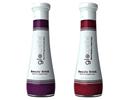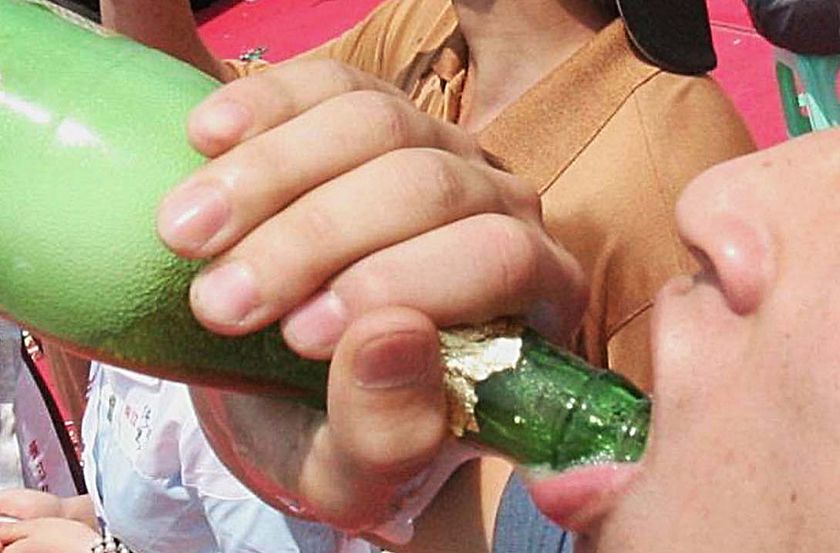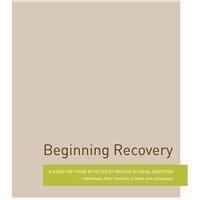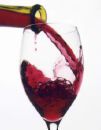London: One in five of those in relationships in the UK (1) thinks their partner drinks too much, according to new research exploring whether alcohol has more of an impact on relationships than couples might think.
The ICM survey of 1000 people (2) was commissioned for the Governments new Know Your Limits campaign, which launched in October to encourage responsible drinking.
Sadly alcohol and arguments do seem to mix, with one in four (25%) admitting to having rows when they drink. This is particularly the case with 18 to 24 year olds: half of them (49%) admitted that they row with their partner after drinking alcohol. This is also true for one third (37%) of 35 to 44 year olds.
What are the arguments about?
1. Anything and everything- 35%
2. The behaviour of either partner – 31%
3. Money – 14%
4. The children – 12%
5. Domestic chores – 11%
6. The fact that your partner is drinking – 10%
7. The in-laws – 5%
More than a third of 18 to 24 year olds (37%) say that their partners behaviour is the biggest cause for their arguments when drinking. This is also true for 35 to 44 year olds (29%). However, amongst the older age groups the likes of children and domestic chores rise up the agenda.
Making up
Most couples resolve arguments and move on at least until another one brews the next time they start drinking. However, 10% said that they never resolve the arguments; and 11% let the argument escalate and just ignore each other but eventually make up.
For those that did resolve them quickly, there were two popular options:
Take a step back, calm down and look for a compromise
Agree that alcohol is blurring the issue and drop it until the next day
Commenting on the results, Srabani Sen of Alcohol Concern said:
Too much alcohol can affect people who might otherwise think things were fine, with either their or their partner’s drinking. We’re beginning to realise though that alcohol misuse not only causes physical harm, but can also blight relationships. People need to be able to recognise the negative impact alcohol might be having on their lives and try to cut down to safer levels.
Relate counsellor Denise Knowles said:
Couples should be able to openly discuss their feelings about their partners drinking habits if they feel its ever a cause for concern. Learning how to discuss issues effectively is a key element of a healthy relationship.
Know Your Limits is a joint Department of Health and Home Office campaign which encourages people to drink responsibly and get to know their limits. Men should not regularly drink more than 3 to 4 units a day, and women should not regularly drink more than 2 to 3 units a day. Consistently drinking 4 or more units for men (and 3 or more for women) is not advised because of the progressive health risk it carries.
In addition, women who are trying to conceive, or who are at any stage of pregnancy, should not drink more than 1 to 2 units once or twice a week and should avoid getting drunk. Know Your Limits recognises that drinking can be enjoyable, but also emphasises the undesirable consequences of drinking too much, such as arguments with loved ones, getting into fights or being in a vulnerable situation on a night out.
The research backs up the popular perception that men drink more alcohol than women. More than half of the women (56%) drink less than their partner, and half of the men (51%) admitted they drink more than their partner. In fact, 28% of the men confessed that their partner tells them as much. However, 9% of couples feel their partners drinking is a subject they couldnt easily talk about.
1 Taken from the survey base where people were both in a relationship, and their partner drinks alcohol
2 ICM interviewed a random sample of 1000 adults aged 18 plus by telephone across the UK between 17th19th November 2006. ICM is a member of the British Polling Council and abides by its rules. Further information at www.icmresearch.co.uk
Alcohol facts
Alcohol is a major cause of disease and injury: it accounts for 9.2% of years of life lost/lived with disabilities.
Alcohol misuse costs the NHS around £1.6 billion every year, mainly in the acute sector.
The estimated annual NHS spend on specialist alcohol treatment is £217 million with 65,000 people receiving treatment.
17% of victims of sexual assault surveyed in the British Crime Survey Interpersonal Violence Module 2001 said that the offence took place when they were incapable of consent due to alcohol.
Regular visitors to pubs and bars are twice as likely to be victims of assault
Half of all violent crimes are linked to alcohol
An agreement was made in June 2006 between the Government, Drinks Industry and health stakeholders to set up the Drinkaware Trust. This new charitable Trust will be funded by the drinks industry and is aimed at positively changing the UKs drinking culture and tackling alcohol-related harm.
For further information see www.knowyourlimits.gov.uk
About Relate
Relate is working to promote health, respect and justice in couple and family relationships
Relates services extend beyond couple counselling to family counselling, counselling for young people, online counselling, sex therapy and relationship skills workshops
Relate works in schools, primary care settings, prisons, and with local authorities on homelessness prevention services
Relate supports 150,000 people each year in over 600 locations in England, Wales and Northern Ireland
This year Couple Counselling Scotland changed its name to Relate Scotland which remains a separate charity yet operates with shared standards and in close partnership with Relate
For more information and advice visit: www.relate.org.uk
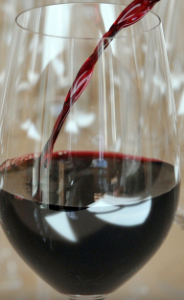

 You are probably all well aware of how many glasses of water you should be drinking a day. However, despite all the publicity, we are still not drinking enough and it is impacting on our health. But maybe not in the ways you might think.
You are probably all well aware of how many glasses of water you should be drinking a day. However, despite all the publicity, we are still not drinking enough and it is impacting on our health. But maybe not in the ways you might think.